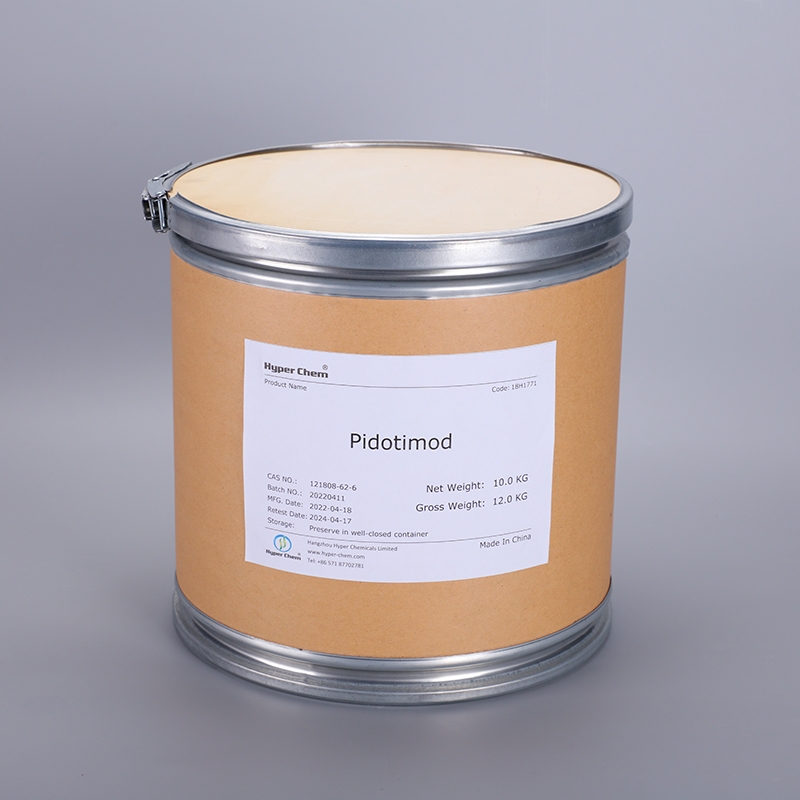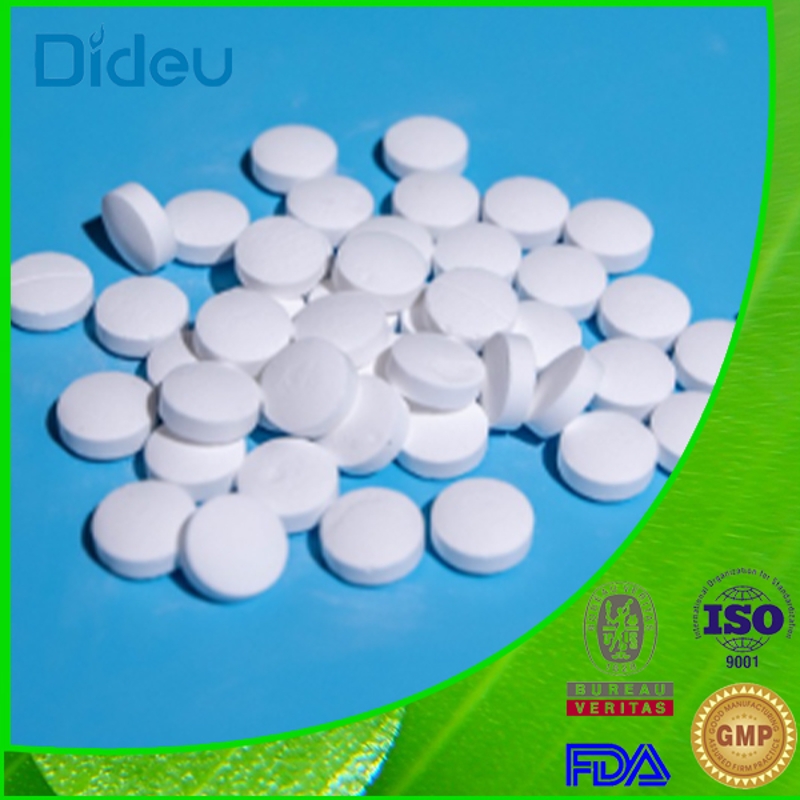-
Categories
-
Pharmaceutical Intermediates
-
Active Pharmaceutical Ingredients
-
Food Additives
- Industrial Coatings
- Agrochemicals
- Dyes and Pigments
- Surfactant
- Flavors and Fragrances
- Chemical Reagents
- Catalyst and Auxiliary
- Natural Products
- Inorganic Chemistry
-
Organic Chemistry
-
Biochemical Engineering
- Analytical Chemistry
-
Cosmetic Ingredient
- Water Treatment Chemical
-
Pharmaceutical Intermediates
Promotion
ECHEMI Mall
Wholesale
Weekly Price
Exhibition
News
-
Trade Service
The Applications of 3-(N-Benzylsulfamoyl)phenylboronic Acid in the Chemical Industry
3-(N-Benzylsulfamoyl)phenylboronic acid, commonly referred to as BSPA, is a highly versatile compound that has found extensive applications in the chemical industry.
This article will explore the various applications of BSPA in the chemical industry, and its impact on the industry.
BSPA as a Building Block for the Synthesis of Fine Chemicals
One of the most common applications of BSPA is as a building block for the synthesis of fine chemicals.
BSPA can be used to synthesize a wide range of fine chemicals, including pharmaceutical intermediates, agrochemicals, and other specialty chemicals.
This versatility makes BSPA an essential component in the synthesis of many chemical products.
BSPA as a Catalyst in Organic Synthesis
BSPA is also used as a catalyst in organic synthesis.
BSPA can activate inert substrates and accelerate reactions, making it a highly useful catalyst in the synthesis of a wide range of organic compounds.
This property of BSPA makes it a popular choice among chemists and chemical engineers, who use it to optimize their synthesis processes and produce high-quality chemical products.
BSPA as a Ligand in Metal Complexes
BSPA can also be used as a ligand in metal complexes.
This property makes BSPA an essential component in the synthesis of metal complexes, which are widely used in catalytic processes.
The ability of BSPA to form stable complexes with metals makes it an excellent ligand for the synthesis of metal complexes, which are used in a wide range of chemical processes.
BSPA in the Production of Pharmaceuticals
BSPA is an essential component in the production of many pharmaceuticals.
It is used as a building block in the synthesis of pharmaceutical intermediates, which are used to produce a wide range of drugs.
BSPA is also used as a catalyst in the synthesis of pharmaceuticals, making it a critical component in the production of many life-saving drugs.
BSPA in the Production of Agrochemicals
BSPA is also used in the production of agrochemicals.
It is used as a building block in the synthesis of agrochemicals, including herbicides, insecticides, and fungicides.
BSPA is also used as a catalyst in the synthesis of agrochemicals, making it an essential component in the production of many crop protection products.
Conclusion
In conclusion, 3-(N-Benzylsulfamoyl)phenylboronic acid, commonly referred to as BSPA, is a highly versatile compound that has found extensive applications in the chemical industry.
BSPA is used as a building block in the synthesis of fine chemicals, as a catalyst in organic synthesis, and as a ligand in metal complexes.
It is also used in the production of pharmaceuticals and agrochemicals, making it an essential component in the production of many life-saving drugs and crop protection products.
The versatility of BSPA and its ability to synthesize a wide range of chemical products make it a critical component in the chemical industry.







